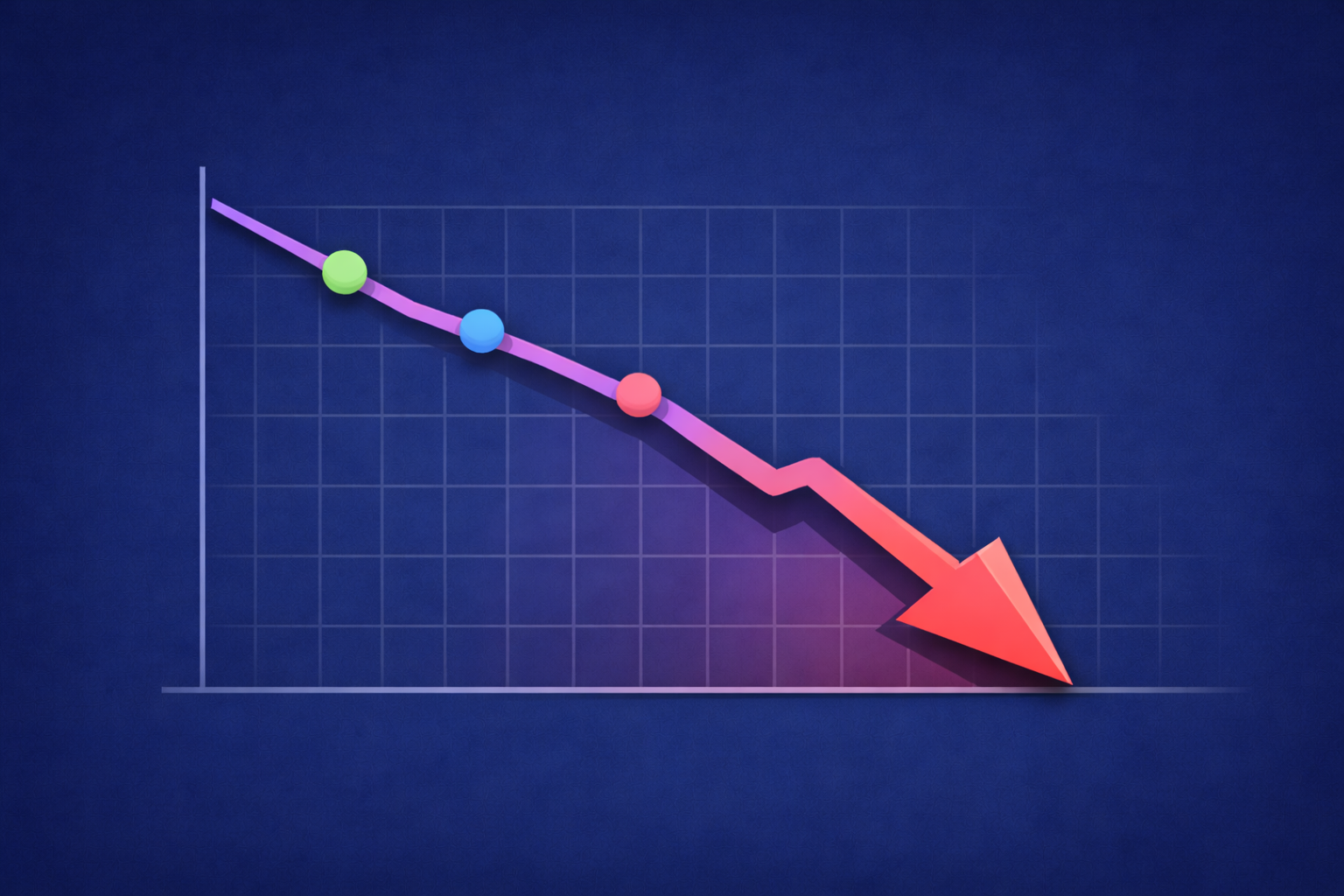Digital PR has boomed over the past few years as brands have grasped the advantage it gives them in organic search.
It’s great news for agencies like Motive who specialise in digital PR campaigns for brands who trade online. But if you’re considering investing some marketing budget into digital PR you’ll want to do your research first and to find out what the SEO benefits are and if they will help you. As always we are here to help.
The primary reason why so many brands have invested in Digital PR campaigns is due to the SEO boost it provides. There are other benefits to online coverage but the SEO edge it provides is the main driver behind the growth of digital PR.
For any brand’s website to outrank competitors and perform optimally in search it needs to be optimised effectively. There are two sides to that - onsite SEO and off site SEO. While SEO agencies are typically concerned with on site matters, agencies which specialise in Digital PR will be much more effective when it comes to off site SEO. We’re going to discuss this further in this post.
What’s in this article:
- What is digital PR?
- Why are backlinks so important?
- What is a high quality link?
- What is domain authority?
- How does Digital PR earn links?
- Is quantity or quality most important?
- What about referring domains?
- Can one agency do it all?
- Key takeaways
What is Digital PR?
Before we begin you might want to know what is even meant by the term Digital PR and how is it defined? We have written another article on this topic alone so you can click the link for an in depth look at how digital PR is defined. But the short version is that digital PR is activity which involves the creation of content which encourages high ranking websites to link to a brand’s own site. These links are powerful signals of credibility to Google and the other search engines. To put things very simply the more quality links a site has, and the more referring domains, the better it will perform in SERPS (Search Engine Results Pages).

Why are backlinks so important?
Back in the 1990s when Larry Page and Sergey Brin were working on their idea for Google they decided that links into a website would be a great way to gauge how important that site was and therefore where it should rank in search results. Thirty years on things have moved on massively of course, but the principle is still sound.
Websites that deserve our attention tend to have been noticed by other websites and if they have gathered a large number of links then chances are they are offering something interesting in terms of content. The objective of search engines is to put relevant content in front of people who are looking for it. With billions of websites to choose from making a site’s link volume one of its ranking factors makes sense. But it’s not all about volume or the quantity of links. Quality is also key.
What is a high quality link?
When it comes to weighing the importance of links there is a huge difference between a link from a reputable news site such as the Guardian or the BBC, and a link from someone’s personal blog page.
Also many big sites will set links as no-follow which will signal to Google not to pass SEO benefit to the site. There’s lots of discussion about the value of no-follow links. Our view is they are an important indicator that a site is earning its links rather than buying them and therefore have benefits.
Clearly link volume alone won’t do as a measure of credibility, instead the search engines must judge the quality of each link as well as the quantity. This is where domain authority comes in.
What is domain authority?
Google likes to keep people guessing as to how its complex algorithms actually work but clearly they rank websites on many factors. Domain authority is a score out of 100 which predicts how a site will rank in search. While Google doesn’t publish these ‘scores’ there are plenty of sites out there who have their own measure which is trying to approximate how Google sees any particular site or domain. These can have slightly different names, Domain Authority (DA) or Domain Rating (DR) for example but they are essentially the same.
A newly published web page on a brand new domain with little content and no links going in, will have a DA of zero. Whereas a media site such as BBC.co.uk has a DA of 95. Everything else will be somewhere in between. SEO aims to improve a website and grow DA. As links are one of the key ranking factors and Digital PR earns links, this is why it has become so central to SEO.

How does digital PR earn links?
Google wants to reward sites who have earned links rather than paid for them. Digital PR teams basically create content which earns media links - links from high DA websites. We do this by having a deep knowledge and understanding of what media sites are looking for when it comes to content.
At Motive we are skilled in journalism and are therefore able to create journalistic articles and content which our friends in the media are able to cut, paste and publish. We offer journalists stories which satisfy their need for solid content while also converting our client’s messages and, crucially, links.
Our campaigns result in lots of links but also they present a very organic footprint in the shape of a mix of follow, no-follow, and brand mentions. This kind of digital trail signals to Google that a site and brand is building its reputation organically. People are talking about them, writing about them, linking to them. Good things are happening. This will over time, build traffic and sales.
Is quantity or quality more important?
To boost organic rankings both the quality and quantity of links are important. Adding ten thousand follow links from one low DA referring domain isn’t going to help much. It could even be a reg flag because Google may think it looks unnatural and possibly even a bid to manipulate the site in SERPs.
Instead the mission should be to add a mix of follow links, no-follow links and brand mentions from a sweeping spread of high authority domains. It would be far better to add 1,000 links from 100 high authority domains than to add those 10,000 links from one poor domain.
What about referring domains?
A referring domain is a site that links to your site. The best digital PR campaigns consistently add new referring domains as well as links. This is important because Google likes to see a site is being discovered by new domains over time and not just receiving links from the same sources constantly.
Many of our digital PR campaigns set KPIs including number of links and number of new referring domains over a 6 or 12 month period. That way, we ensure we are constantly introducing our client’s content to new, high authority, referring domains.
If you really want to improve your website’s performance in search it’s essential that you consistently grow the number of referring domains. This is why it is vital not to get hung up on links alone.

Can one agency do it all?
The owners and operators of commercial websites obviously want to outrank the competition in SERPs. To do so they need their site to be optimised - both internally and externally.
SEO agencies are great at optimising a site internally. But they usually are not skilled when it comes to earning high authority links from national and international news and media sites. Many nowadays have their own digital PR teams. In our experience these teams will often be very inexperienced and have little real world media knowledge.
Instead a specialised digital PR agency such as Motive focuses solely on earning powerful SEO links from media sites. We do this by offering our media contacts exactly what they need in a story. Our view is that agencies which promise to do it all seldom can match the performance of a specialist agency which focuses on one side of the SEO coin.
Key takeaways
- Digital PR involves creating content that attracts high-ranking websites to link back to a brand’s site, boosting its credibility and performance in search engine results (SERPs). Quality backlinks signal to search engines that a site is trustworthy and relevant.
- High-quality backlinks from reputable websites like news outlets are more valuable than numerous low-quality links. These links help improve a site’s domain authority, which is a key indicator of its search ranking.
- Domain authority is a score that predicts how well a website will rank in search results. Consistently earning links from new, high-authority referring domains is crucial for improving a site’s search performance.
- Digital PR teams create content that earns organic, high-quality links by understanding what media outlets need. This organic link-building approach is favoured by Google and helps improve traffic and sales over time.
- Specialised digital PR agencies, like Motive, focus on earning powerful SEO links from media sites by providing the media with content that meets their needs. This specialisation often leads to better results than trying to cover all aspects of SEO in-house.
If you’re serious about earning the big links, get in touch for a no obligation chat.




.jpg)
.jpg)

.jpg)

